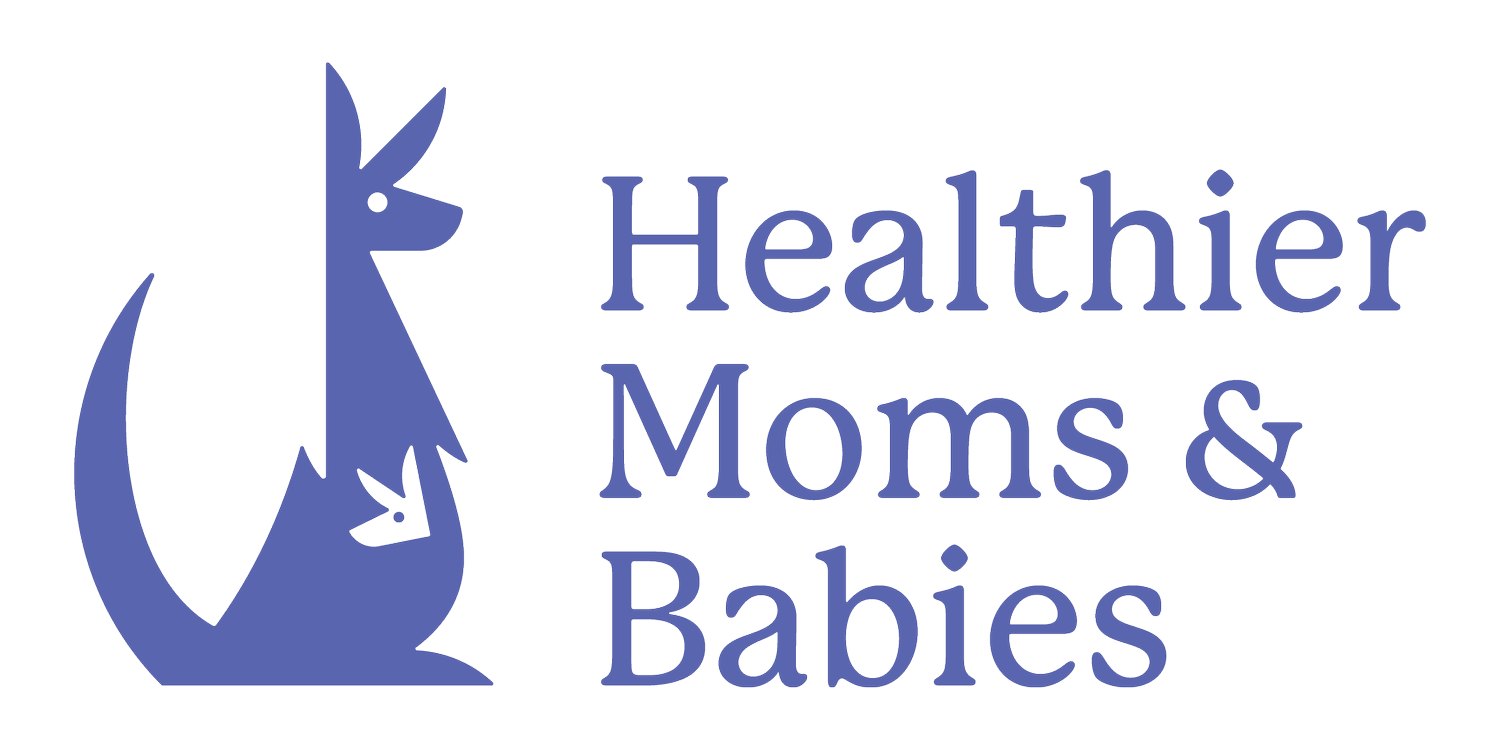Understanding Premature Birth: Unraveling Causes and Unseen Effects
Premature birth, also known as preterm birth, is a global health concern affecting millions of families each year. It occurs when a baby is born before completing 37 weeks of pregnancy. While medical advancements have improved the survival rates of preterm infants, the causes and effects remain complex and multifaceted. In this blog post, we will delve into the various factors contributing to premature birth and explore the short-term and long-term effects on both the baby and the family.
Causes of Premature Birth:
Medical Conditions: Various medical conditions can increase the risk of premature birth. Conditions like diabetes, high blood pressure, and infections may necessitate early delivery to safeguard the health of the mother and the baby.
Multiple Pregnancies: Carrying twins, triplets, or more increases the likelihood of premature birth. The strain on the mother's body and the limited space in the uterus can result in early labor.
Lifestyle Factors: Certain lifestyle choices, such as smoking, drug use, and inadequate prenatal care, can contribute to premature birth. Maternal stress and exposure to environmental toxins may also play a role.
Previous Preterm Birth: Women who have previously experienced premature birth are at a higher risk of having subsequent preterm deliveries. Understanding the factors that led to the first preterm birth is crucial in preventing a recurrence.
Effects of Premature Birth:
Immediate Health Challenges: Preterm infants often face immediate health challenges due to underdeveloped organs and systems. These can include respiratory distress syndrome, jaundice, and difficulties in regulating body temperature.
Long-Term Health Complications: Premature birth may lead to long-term health complications, including developmental delays, learning disabilities, and an increased risk of chronic conditions such as cerebral palsy and respiratory issues.
Emotional and Financial Strain: Families with preterm infants may experience emotional and financial strain. The extended hospital stays, medical interventions, and ongoing medical care for the child can place a significant burden on the family.
Impact on Parental Mental Health: Parents of preterm infants often experience heightened stress, anxiety, and feelings of guilt. The emotional toll of witnessing a fragile newborn in intensive care can have lasting effects on parental mental health.
Premature birth is a complex and challenging phenomenon with far-reaching effects on both the infant and the family. Understanding the causes and effects is crucial for developing effective prevention strategies and providing comprehensive care for preterm infants and their families. Through continued research, medical advancements, and community support, we can work towards reducing the incidence of premature birth and improving outcomes for these vulnerable infants.
At Healthier Moms & Babies, our priority educating moms and families how to prevent preterm birth and addressing some of the causes. We provide mental health support and crucial resources to reduce maternal stress; promote healthy lifestyle choices before, during, and after pregnancy); identify the signs of preterm labor to pregnant women and their families; and encourage clients to contact their doctor’s if they begin to experience the symptoms. In everything we do, we meet families where they are in their journey—physically, mentally and emotionally—and we do it with an open mind, our hearts on our sleeves and an above-and-beyond approach.
